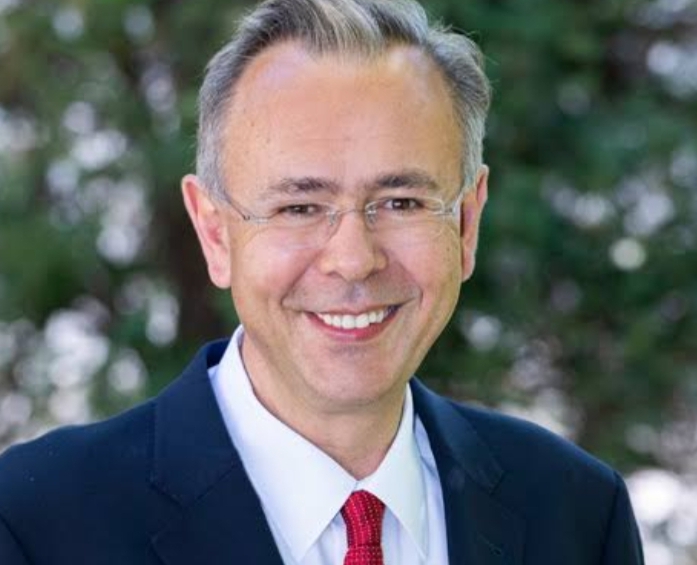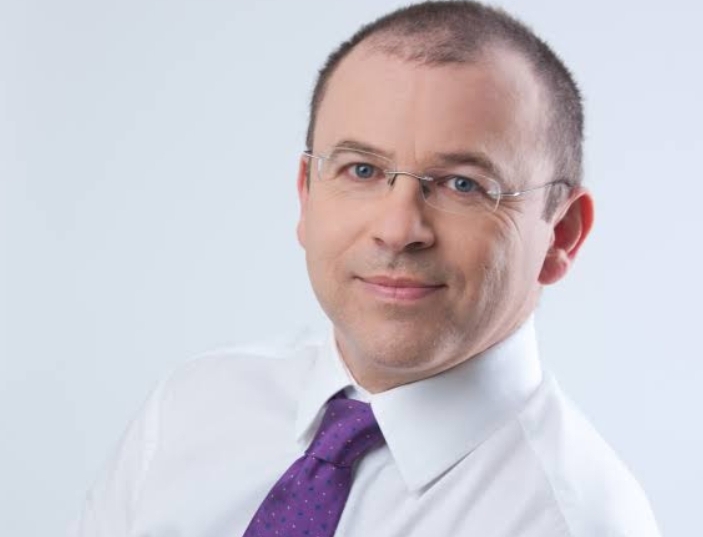Dr. Dan Rujescu Biography: Education, Spouse, Achievements, Career

Dr. Dan Rujescu is a world-renowned psychiatrist, researcher, and academic leader. He is best known for his groundbreaking work in psychiatric genetics and neurobiology. Throughout his career, he has combined medical knowledge with scientific research to improve the understanding of mental health disorders such as schizophrenia, dementia, suicidal behavior, and cognitive decline. Today, he is a professor and the Chair of the Clinical Division of General Psychiatry at the Medical University of Vienna, one of the leading medical schools in Europe.
Early Life and Background
Unlike many public figures, Dr. Rujescu has kept his personal life private. His date of birth is not publicly available, and there are no official records of his parents’ names, his siblings, or other family details. This privacy is not unusual among scientists, who often prefer to let their professional contributions speak for them rather than focus on personal background.
What is clear, however, is that his early years led him towards a career in medicine and psychiatry. From a young age, he must have been fascinated by the human mind and motivated to understand how biological and psychological processes influence behavior. That curiosity became the foundation of his lifelong dedication to psychiatry and research.
Education
Dr. Rujescu received his medical training in Germany, where he studied at two of the country’s most respected universities: the University of Heidelberg and the University of Essen. At Heidelberg, one of the oldest universities in Europe, he was immersed in a culture of strong academic tradition. His studies at Essen gave him additional clinical exposure and practical medical training.
He completed his medical degree and later focused his doctoral thesis on neuropeptides, an area of study that connects chemistry and brain function. This work gave him an early start in exploring how molecular processes are tied to psychiatric conditions. His education set the stage for his career as both a clinician and a researcher.
Early Career in Psychiatry
After completing his education, Dr. Rujescu began his clinical career at the University of Mainz. From 1993 to 1995, he worked as a physician in the Department of Psychiatry. These years were crucial for him because they gave him hands-on experience in caring for patients with mental health problems. The patients he saw and treated during this period likely shaped his understanding of the human side of psychiatry.
Although he gained strong clinical skills, he also realized that many unanswered questions remained about the causes of psychiatric disorders. This curiosity pushed him toward research. He wanted not only to treat patients but also to find out why psychiatric conditions developed in the first place.
Academic and Research Career
After Mainz, Dr. Rujescu joined Ludwig Maximilian University of Munich, one of the most prestigious universities in Germany and Europe. At Munich, he rose to positions of great responsibility. He became head of the Division of Molecular and Clinical Neurobiology, which allowed him to focus on research into the biological basis of mental health disorders.
In addition, he served as a senior physician, where he balanced clinical work with leadership. His skills as both a psychiatrist and a scientist earned him recognition. He became a medical specialist in psychiatry and psychotherapy, and later a full professor of psychiatry.
At Munich, he also headed the Alzheimer Memorial Center, which focused on memory disorders and dementia. His appointment as deputy head of the Department of Psychiatry showed the high level of trust the university placed in him. These years were among the most productive of his early academic life, combining leadership, research, and patient care.
From 2008 to 2012, he held a W2 Professorship in Psychiatry at Munich. This position reflected his growing influence and the respect he had gained in psychiatric research.
In 2012, Dr. Rujescu made an important career move when he accepted a W3 Professorship and became Chair of the Department of Psychiatry, Psychotherapy, and Psychosomatics at Martin Luther University Halle-Wittenberg. This was a major leadership position that allowed him to guide not only research but also education and clinical practice.
At Halle-Wittenberg, he built a strong department and continued to publish extensively. He supervised young scientists and doctors, passing on his knowledge and shaping the next generation of psychiatrists. He stayed in this position until the spring of 2021.
In May 2021, Dr. Rujescu took on his current role as Chair of the Clinical Division of General Psychiatry at the Medical University of Vienna. This appointment marked the next stage of his career, bringing him to Austria to lead psychiatry in one of Europe’s major medical institutions.
At Vienna, he continues to combine research, teaching, and clinical practice. His work here focuses on psychiatric genetics, neurobiology, and innovative approaches to understanding mental illness.
Research Contributions
Dr. Rujescu’s research has had a major impact on psychiatry. He has published more than one thousand scientific papers. These include studies in leading international journals such as Nature, Nature Genetics, and the New England Journal of Medicine. His work has been cited more than ninety thousand times, making him one of the most influential researchers in his field. His h-index, a measure of scientific impact, is above 110, placing him among the world’s highly cited scientists.
His main research interests include the genetics and neurobiology of schizophrenia, suicidal behavior, cognition, and dementia. By studying the molecular and genetic causes of psychiatric conditions, he has helped improve the understanding of why mental illnesses occur and how they might be prevented or treated.
His approach to research is multimodal. He combines genetic studies with neuroimaging, functional MRI, neurophysiology, and behavioral analysis. This broad approach allows him to look at mental illness from many angles and to connect biological findings with patient behavior.
He has raised more than nine million euros in third-party research funding. This money has come from many prestigious organizations, including the European Union, the National Institutes of Health in the United States, the Wellcome Trust, the German Research Foundation, and the German Federal Ministry of Education and Research. Such funding has allowed him to carry out large and complex projects, often involving international collaboration.
Achievements and Awards
One of his major awards came in 2010, when he received the BMS Prevention Award in Psychiatry from the European Psychiatric Association. This award, which included a prize of twenty thousand euros, recognized his outstanding work on the genetics of schizophrenia.
In 2018, he was named one of the world’s highly cited researchers, an honor given to scientists whose work is most often quoted by other researchers. This recognition placed him among the top global leaders in psychiatry and genetics.
Beyond personal awards, his achievements are visible in his leadership roles. He leads the Genetics Task Force of the World Federation of Societies of Biological Psychiatry and serves as the Chief Editor of the World Journal of Biological Psychiatry. These roles allow him to guide global discussions and directions in psychiatric research.
Clinical Work
Despite his heavy involvement in research and academic leadership, Dr. Rujescu has continued to work as a clinician. In Vienna, he is affiliated with the Wiener Privatklinik, a respected private hospital. He offers consultations in psychiatry, psychosomatics, psychotherapy, and dementia care.
His ability to combine patient care with scientific knowledge makes him a unique figure in psychiatry. He is multilingual, speaking German, English, and Romanian, which helps him connect with a wide range of patients and colleagues.
Personal Life
There is no public information about Dr. Rujescu’s personal life. His date of birth, parents’ names, siblings, and other family details have not been shared. He has chosen to keep this side of his life private.
Net Worth
There is no verified information about Dr. Rujescu’s net worth. As a university professor and researcher, his income comes mainly from his salary, research funding, and clinical practice. Without public data, it is impossible to provide an accurate estimate.
Legacy and Impact
Dr. Dan Rujescu’s career shows what can be achieved through dedication to both science and medicine. He has helped uncover the biological and genetic foundations of psychiatric disorders. His research has influenced how mental health is studied and treated around the world. His leadership in academic institutions, scientific societies, and international projects has made him a key figure in psychiatry.
He has trained and inspired countless young doctors and researchers. His clinical work shows his commitment to patients, while his publications ensure his discoveries reach the global scientific community. Even without knowing personal details such as his birth date or family background, it is clear that his impact is lasting and far-reaching.
Dr. Rujescu’s story is a reminder that the greatest measure of a scientist is not the personal details of their life, but the knowledge they create and the lives they improve.



